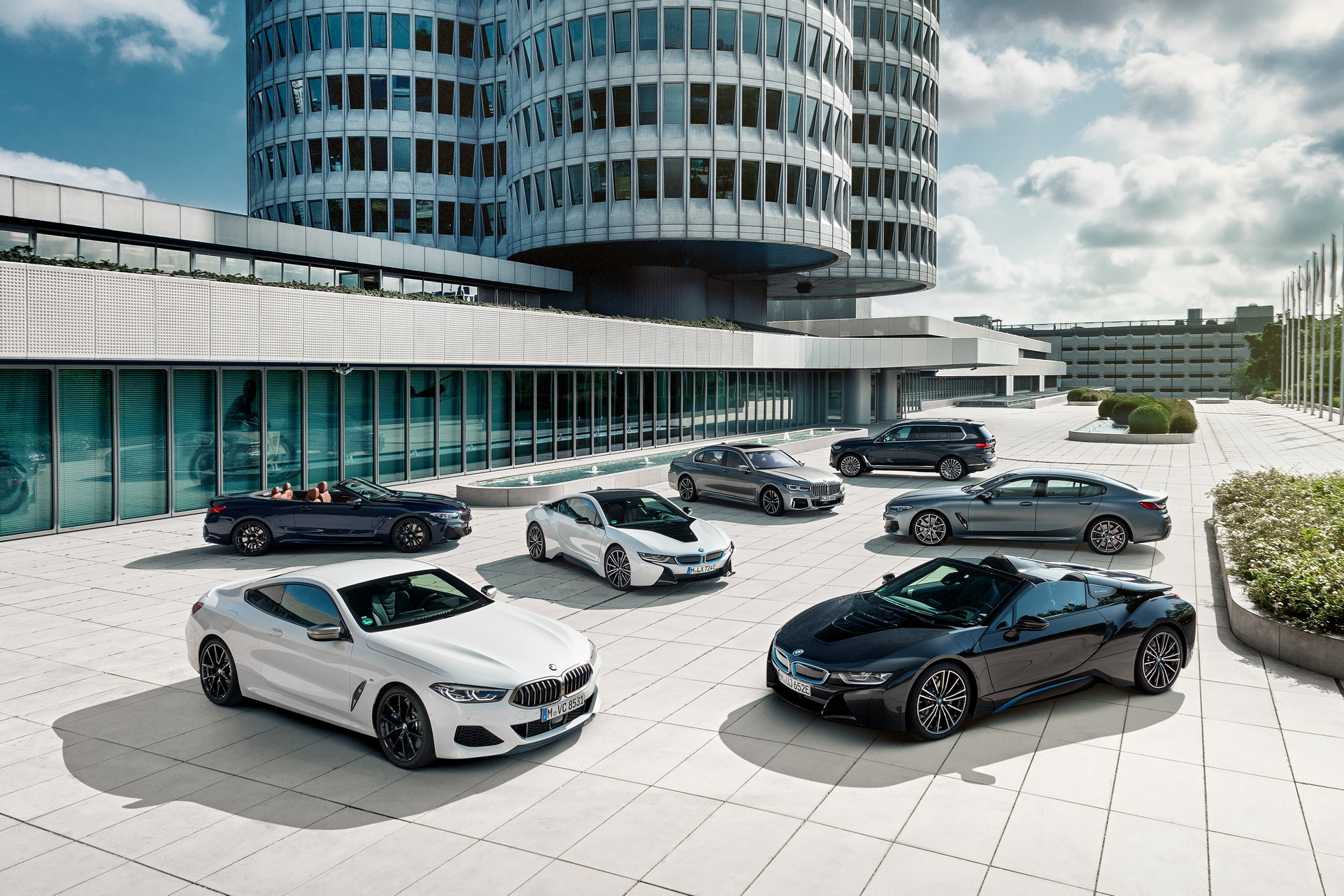Luxury Car Sales In China: BMW, Porsche, And The Competitive Landscape

Table of Contents
BMW's Dominance in the Chinese Luxury Car Market
BMW consistently holds a leading position in the Chinese luxury car market, showcasing its adeptness in navigating the unique complexities of this region. Its success is a result of a well-defined strategy that blends product appeal, targeted marketing, and a robust dealer network.
Market Share and Sales Figures
BMW's market share in the Chinese luxury car segment fluctuates, but it consistently remains among the top contenders. Recent years have seen impressive sales figures, solidifying its position.
- Specific sales figures for recent years: While precise, up-to-the-minute data requires access to proprietary market research, publicly available reports consistently place BMW among the top sellers, often exceeding 500,000 units annually.
- Breakdown of popular BMW models in China: The BMW 3 Series, 5 Series, and X series SUVs (particularly the X3 and X5) have consistently enjoyed significant popularity amongst Chinese consumers, reflecting a preference for both sedans and SUVs within the luxury segment.
- Reasons for BMW's strong performance: BMW's strong performance stems from several factors: a localized production strategy that reduces costs and delivery times, an extensive and well-established dealer network providing convenient access and after-sales service, and a consistent focus on producing vehicles that align with the preferences of Chinese consumers.
BMW's Strategies for Success in China
BMW's strategic approach in China demonstrates a keen understanding of local preferences and market dynamics.
- Focus on electric vehicles (EVs): BMW is investing heavily in its electric vehicle lineup, recognizing the burgeoning EV market in China and aligning with the government's push for sustainable transportation. Models like the iX and i4 are strategically positioned to capitalize on this growing demand.
- Digital marketing campaigns: BMW employs sophisticated digital marketing strategies, leveraging social media platforms and online channels popular in China to reach its target audience effectively.
- Partnerships with Chinese companies: Strategic partnerships with Chinese businesses enhance local understanding and supply chain efficiency, contributing to the brand's success.
- Tailored after-sales service: Exceptional after-sales service and customer support are crucial for maintaining brand loyalty in the competitive Chinese market. BMW invests significantly in this area.
Porsche's Growing Presence and Appeal
Porsche, while holding a smaller market share compared to BMW, enjoys a strong and highly desirable brand image in China, attracting a specific and affluent demographic.
Porsche's Brand Positioning and Target Audience
Porsche's brand resonates with Chinese consumers seeking high-performance vehicles that exude luxury and prestige.
- Emphasis on performance and luxury: The brand's legacy of performance and engineering excellence strongly appeals to the aspirational consumer base in China.
- Marketing campaigns targeting affluent young professionals: Porsche's marketing skillfully targets young, high-net-worth individuals with campaigns that emphasize lifestyle and exclusivity.
- Successful model lines in China: The Cayenne SUV and the Macan have been particularly successful in the Chinese market, indicating a preference for SUVs within the luxury segment.
Porsche's Expansion and Investment in China
Porsche's ongoing investment in China demonstrates its commitment to long-term growth in this critical market.
- New dealership openings: Porsche continues to expand its dealership network in key cities across China to enhance customer accessibility.
- Investment in electric vehicle infrastructure: Significant investments are being made in charging infrastructure to support the increasing number of electric Porsche vehicles sold in China.
- Production and localization initiatives: Localizing production reduces costs and helps to cater to specific market demands.
The Competitive Landscape: Other Key Players and Emerging Trends
The Chinese luxury car market is fiercely competitive, with several other major players vying for market share.
Major Competitors and Their Market Strategies
Audi, Mercedes-Benz, Lexus, and other luxury brands employ distinct strategies to compete effectively in the Chinese market.
- Market share of key competitors: Audi and Mercedes-Benz are strong competitors to BMW, each with substantial market share. Lexus also holds a significant position in the market.
- Comparison of marketing and sales strategies: Each brand employs a unique marketing approach, targeting specific consumer segments and leveraging different channels to maximize their reach.
- Analysis of product offerings and pricing: The range of models offered by each brand, along with pricing strategies, influences consumer choices and competitive dynamics.
Emerging Trends Shaping the Future of Luxury Car Sales in China
Several emerging trends are reshaping the landscape of luxury car sales in China.
- Growth of the electric vehicle market: The rapid growth of the EV segment presents both opportunities and challenges for luxury carmakers.
- Increasing demand for autonomous features: Consumers increasingly prioritize advanced driver-assistance systems and autonomous driving capabilities.
- Impact of government policies and regulations: Government regulations on emissions and fuel efficiency significantly impact the industry's direction.
- Rise of digital showrooms and online sales: The increasing adoption of digital platforms for car sales and customer engagement is transforming the buying experience.
Conclusion
The Chinese luxury car market is a dynamic and rapidly evolving landscape. BMW and Porsche have established strong positions, leveraging distinct strategies to cater to the unique preferences and demands of Chinese consumers. However, the intense competition and emerging trends, particularly the growth of the electric vehicle market and the increasing demand for advanced technologies, will continue to shape the future of luxury car sales in China. The significant growth potential remains substantial, but success hinges on adapting to the changing preferences of Chinese consumers and embracing technological advancements. For those interested in further understanding the intricacies of luxury car sales in China, further research into specific brand strategies and market analyses is recommended. Stay informed about the latest developments in this dynamic and lucrative market to gain valuable insights into the future of luxury automotive sales.

Featured Posts
-
 Post Canada Fallout China Explores Alternative Canola Suppliers
May 10, 2025
Post Canada Fallout China Explores Alternative Canola Suppliers
May 10, 2025 -
 Uk Visa Crackdown Targeting Nigerians And Others Over Overstay Fears
May 10, 2025
Uk Visa Crackdown Targeting Nigerians And Others Over Overstay Fears
May 10, 2025 -
 The Rise Of Disaster Betting Analyzing The La Wildfire Example
May 10, 2025
The Rise Of Disaster Betting Analyzing The La Wildfire Example
May 10, 2025 -
 Strictly Fallout Wynne Evans No Longer Featured In Go Compare Ads
May 10, 2025
Strictly Fallout Wynne Evans No Longer Featured In Go Compare Ads
May 10, 2025 -
 Celebrity Stylist Elizabeth Stewart Designs Exclusive Line With Lilysilk
May 10, 2025
Celebrity Stylist Elizabeth Stewart Designs Exclusive Line With Lilysilk
May 10, 2025
